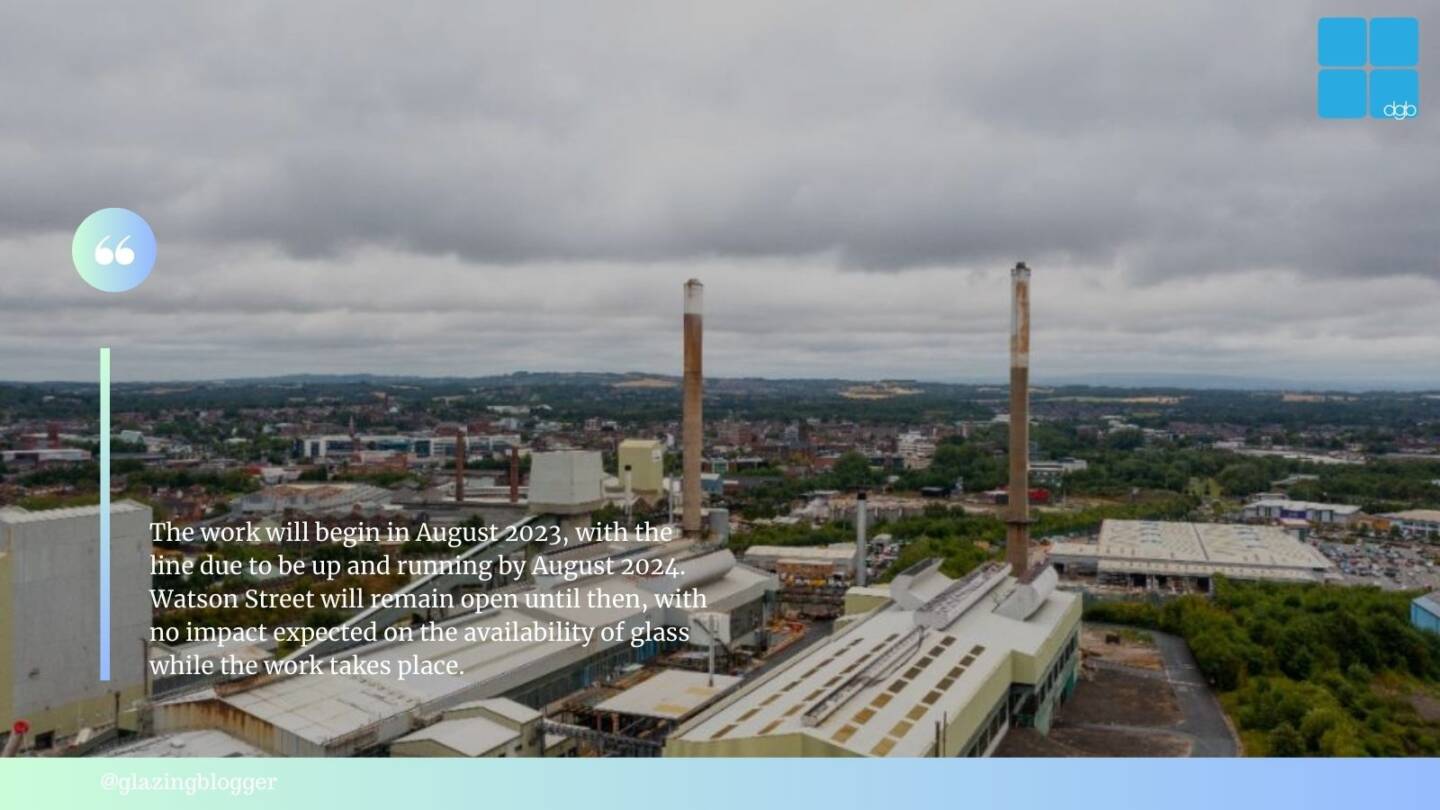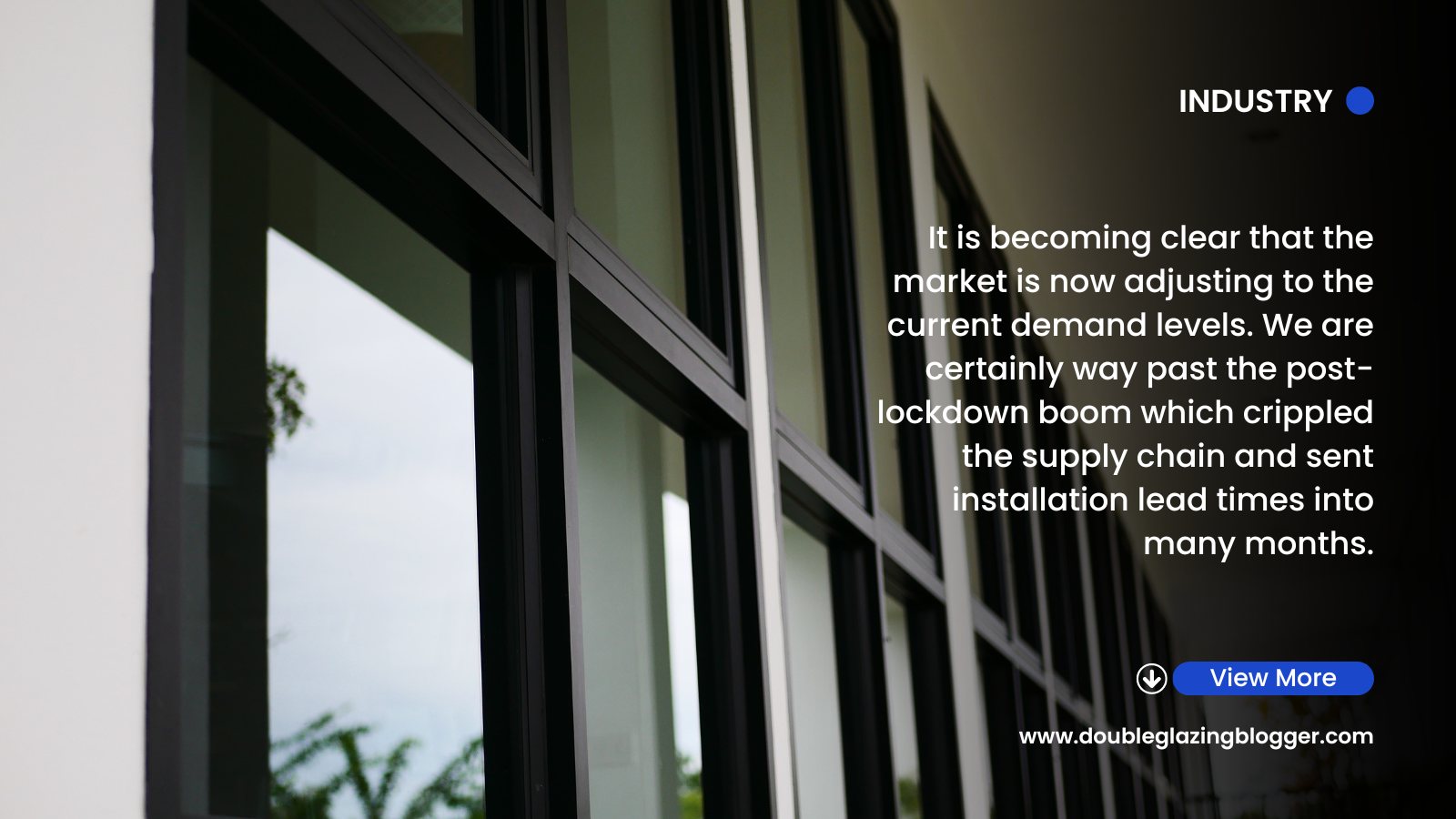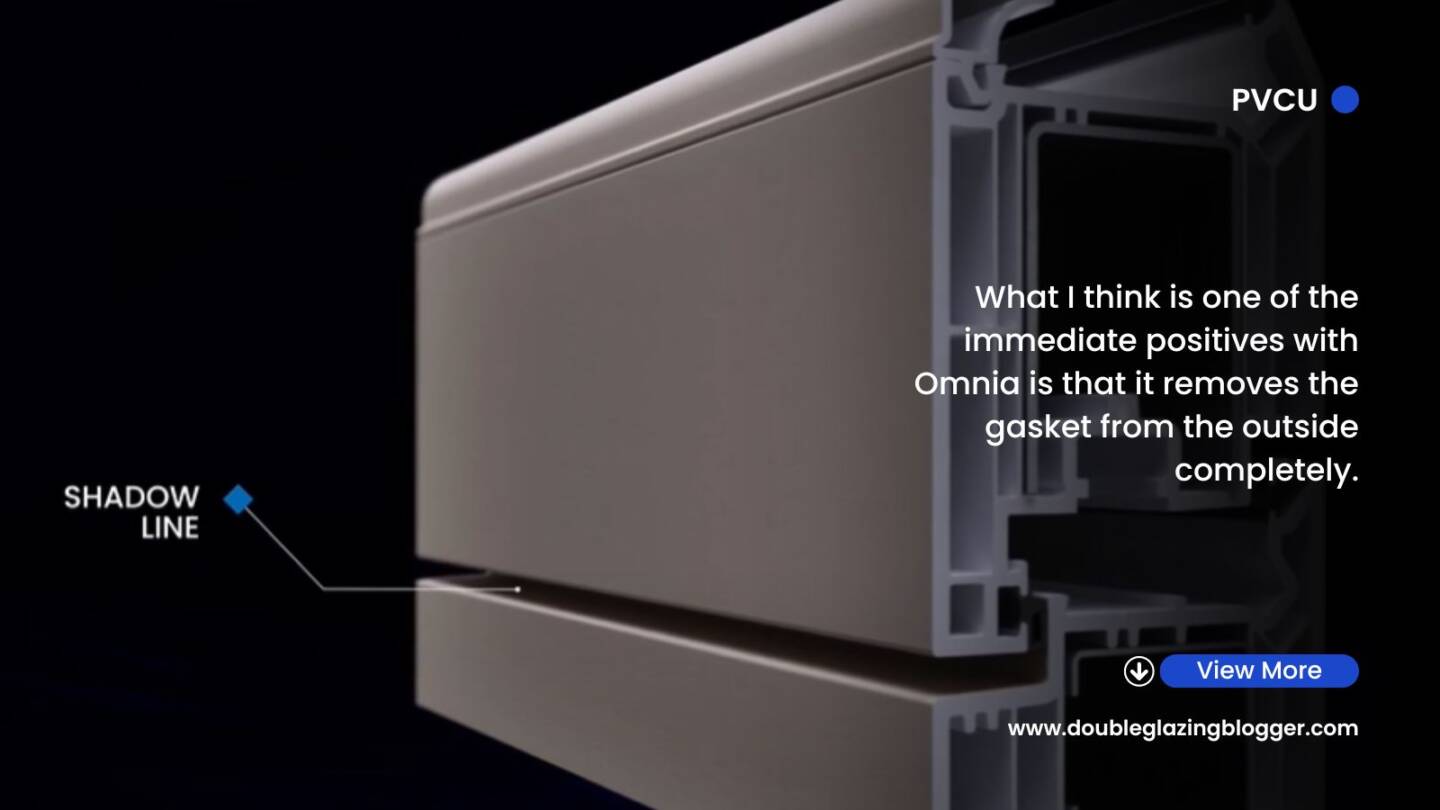Pilkington United Kingdom Limited, part of the NSG Group, is making a multi-million-pound investment in its Merseyside facilities as part of a government-backed project that will save 15,000 tonnes of carbon emissions each year while securing the future of rolled glass manufacturing in the UK.
Under the project, Pilkington UK will move its Watson Street manufacturing operations to its Greengate site in the town.
The move represents a major investment in its Greengate glass furnace, which melts the raw materials into glass as part of the manufacturing process.
The Greengate furnace will be upgraded to accommodate its continued production of flat glass while delivering the additional output required from the relocation of its Watson Street rolled glass manufacturing line.
The project was instigated as the manufacturer’s furnace at Watson Street, where the business has operated since 1826, reaches its end of life. The site will be shut down with all jobs from Watson Street being relocated to Greengate as part of the project.
Producing all glass out of the upgraded furnace, rather than running two, will save carbon emissions equivalent to taking 8,800 cars off the road each year*.
The work will begin in August 2023, with the line due to be up and running by August 2024. Watson Street will remain open until then, with no impact expected on the availability of glass while the work takes place.
The project will benefit from a £3.7m grant via the government’s Industrial Energy Transformation Fund (IEFT), which helps cover the costs of industrial energy efficiency and decarbonisation projects in the UK.
Neil Syder, managing director of Pilkington UK, said:
“This project represents one of the single biggest investments we’ve made in our UK manufacturing facilities in decades, and will ultimately secure the future of rolled glass manufacturing in the UK.“Working out of one furnace will enable us to make a permanent and significant saving in CO2 emissions. It’s a radical shift in the way we operate, but we know that if we are to achieve our net-zero ambitions, we need to make changes across all areas of our business.
“The Watson Street site has been operating since the 1800s and forms a key piece of our history. Throughout the years, the site has been instrumental in the development of different products, paving the way for a rich history of innovation in glass solutions.
“Yet this move marks a new chapter in our story that allows us to embrace more sustainable ways of making glass and continue to drive forward our vision for change, in partnership with the industry.”
Last year, the Science Based Targets initiative (SBTi) certified the NSG Group’s aims to reduce greenhouse gas emissions by 30% by 2030, compared to 2018 levels. This forms the basis of the business’ plan to achieve carbon neutrality by 2050.
The move also follows other work by Pilkington UK to reduce the emissions of its operations. Pilkington UK completed several world-first trials of low-carbon biofuel and zero-carbon hydrogen fuels to fire its glass furnace last year. The trials ran in collaboration HyNet, a decarbonisation project working to promote the use of low-carbon and hydrogen energy across the North West and Wales.
To get weekly updates from DGB sent to your inbox, enter your email address in the space below to subscribe:
By subscribing you agree to DGB sending you weekly email updates with all published content on this website, as well as any major updates to the services being run on DGB. Your data is never passed on to third parties or used by external advertising companies. Your data is protected and stored on secure servers.





